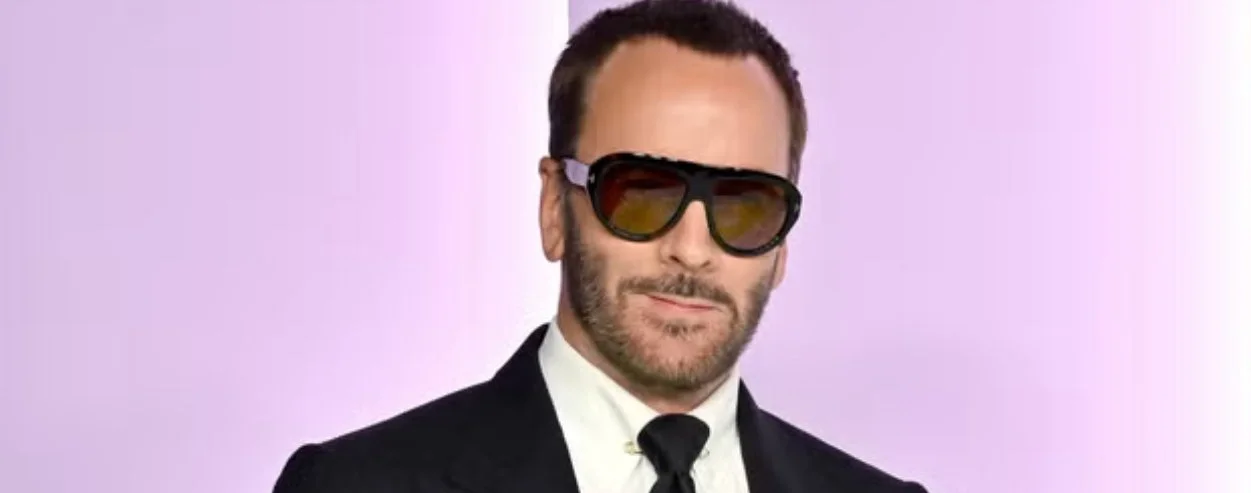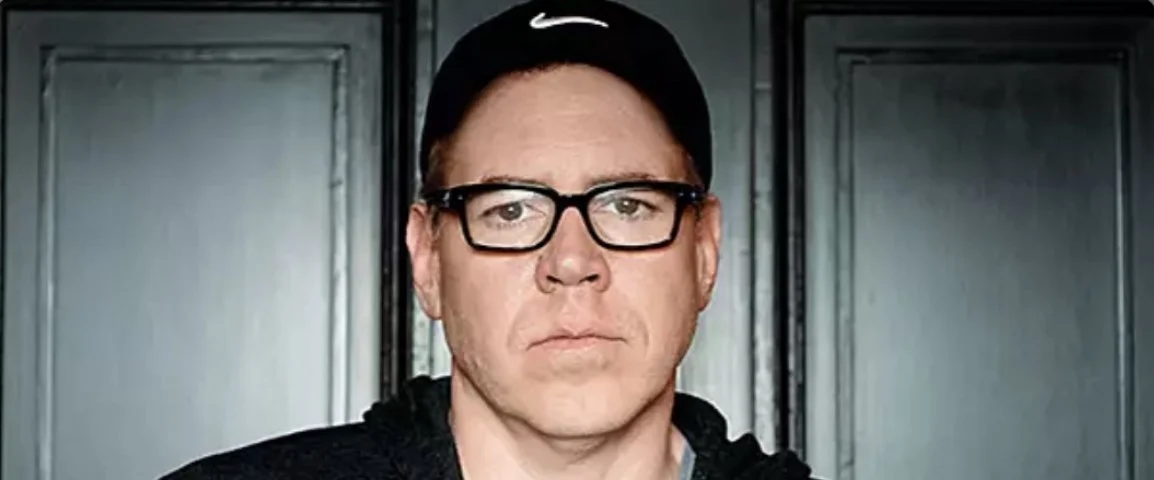Prominent film historian and critic, Jonathan Rosenbaum, once trashed modern-day reviewers of film as the cheerleaders and Pied Pipers of the film industry.
They are too often, he said, in a “sinister symbiotic relationship with the studios and are "quote whores," providing good taglines for the posters and trailers.”
Of course, at the end of the spectrum, you had Roger Ebert referring to the internet-age as “the golden age for film criticism”. His view was that never before have more critics written about films. However, based on what I’ve seen, the democratization of the profession has also led to a watering down of the field.
Film criticism is still a profession, but it's no longer an occupation. Sure, there are still some who make a living doing it, but they are very far and few. This means that’s it’s much easier for studios to lure them into their little web.
One person who shares my negative views on today’s film criticism is Brett Easton Ellis. On his July 10 podcast, he had an amusing rant about how he doesn’t trust 99% of today’s film critics:
I read far less reviews than I used to unless I’ve already seen the movie and then, and only then, I’ll scan the top critics on Rotten Tomatoes and read the reviews of the critics that interest me. A long time ago, reading reviews of movies that had just opened and that I hadn’t seen, often influenced me on what movies to see first or what movies to ignore, but I’ve been burned so many times in the past decade or so by the advanced critical consensus of the entertainment press, that I now just navigate on certain friends’ recommendations or who directed it or the subject matter.
Critics don’t guide me in the ways they used to. Really? 99% of you top critics listed on Rotten Tomatoes actually liked “Are You There God, It’s Me Margaret?” Which I bought because of that 99% […] I turned this cutesie adaptation off after 15 minutes at a cost of $5.99. Ditto “Creed III,” 88%, which I watched 20 minutes of. Ditto “Evil Dead Rise” which I saw for 30 minutes, 83%, high for a horror film.
I’ll go one step ahead of Ellis and add that, with the advent of Twitter, film criticsm is now a hybrid of influencers, bloggers and actual critics. The lines have been blurred.
This past June, Quentin Tarantino gave his two cents about modern-day film criticism which he believes has no identity and has kept him out of the loop on who writes what:
Today, I don't know anyone. Is it my fault? Theirs? What remains are website names: CinemaBlend, Deadline. I am told: “There are still good critics.” And I always answer: who? I say this without sarcasm. I'm told, "Manohla Dargis [of the New York Times], she's excellent." But when I ask what are the three movies she loved and the three she hated in the last few years, no one can answer me. Because they don't care! OK, if The New York Times is at my disposal then I’ll open it, read it, but that's it. I used to know a critic’s style of writing, their tastes, intimately! The sad reality is that today, the voice of Manohla Dargis – and it's nothing against her – doesn't matter enough for me to read her opinion on “Notes on a Scandal” or the fourth Transformers.
Tarantino’s commenting that there’s no identity to film criticism is primarily due to our consensus-driven era. Aggregate websites such as RT and Metacritic have become the go-to film criticism for mainstream audiences; there’s no importance given to the reviewer who submit the reviews, but, rather, the aggregate itself.






